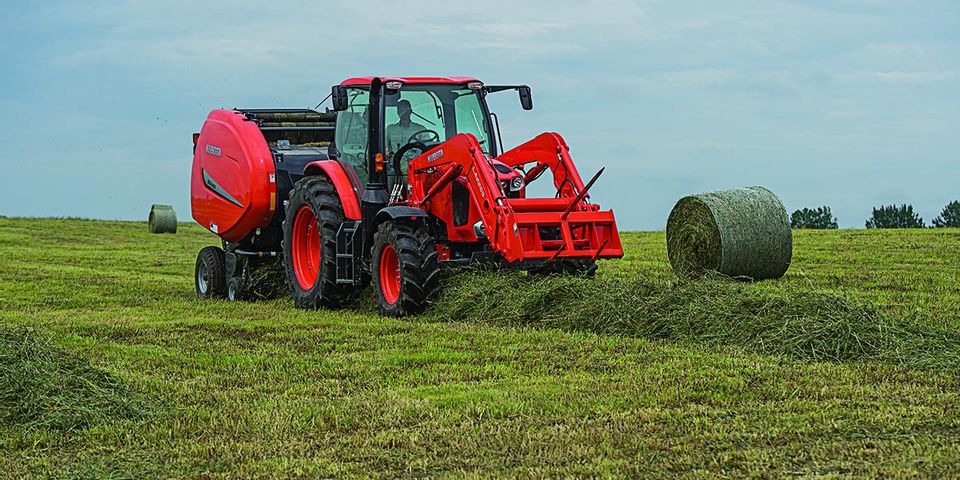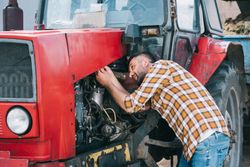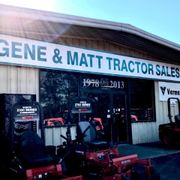3 Essential Tractor Winterization Tips

Tractors play an essential role in running your farm, but during the winter, you may not use this machine as much. To avoid repairs and ensure that your tractors are ready for the next growing season, you must winterize them. Following a few winterization basics will ensure that your equipment makes it safely through the season.
Top 3 Tractor Winterization Practices
1. Cover It Up
Covering your tractor to keep it safe from the elements is perhaps the most important step you can take to protect it during the winter. When possible, keep the tractor in a covered shed. If this isn’t possible, wrap it in a waterproof cover. This will provide a shield against cold temperatures, ultraviolet rays, and the rust that could form from moisture exposure. If using a plastic cover, make sure there is some air circulation to prevent condensation buildup.
2. Check Hoses & Gaskets
 Before putting your tractor away for the season, you should check all hoses, gaskets, and filters for signs of excess wear and tear. Cracks, dry rot, and other forms of deterioration will make it easier for condensation to enter the tractor’s systems and cause additional damage. Replace worn-out components before the winter weather hits so that the machine will be ready to use in the spring.
Before putting your tractor away for the season, you should check all hoses, gaskets, and filters for signs of excess wear and tear. Cracks, dry rot, and other forms of deterioration will make it easier for condensation to enter the tractor’s systems and cause additional damage. Replace worn-out components before the winter weather hits so that the machine will be ready to use in the spring.
3. Top Off Fluids
You should top off or replace oil, fuel, antifreeze, and other tractor fluids as needed. Full fluid tanks will prevent condensation buildup inside the tanks, which can result in rust and corrosion. Special fuel additives and stabilizers can also keep the fuel in prime condition, preventing gelling and other issues during extended periods of disuse.
Whether you’re looking for new tractors or other heavy equipment, or find yourself in need of tractor repair, you can count on Gene & Matt Tractor Sales in Winder, GA. Recognized as a Kubota Elite Dealer, their team is dedicated to making your satisfaction their top priority. To learn more about their inventory and services, visit them online or call (770) 867-3179.
About the Business
Have a question? Ask the experts!
Send your question

